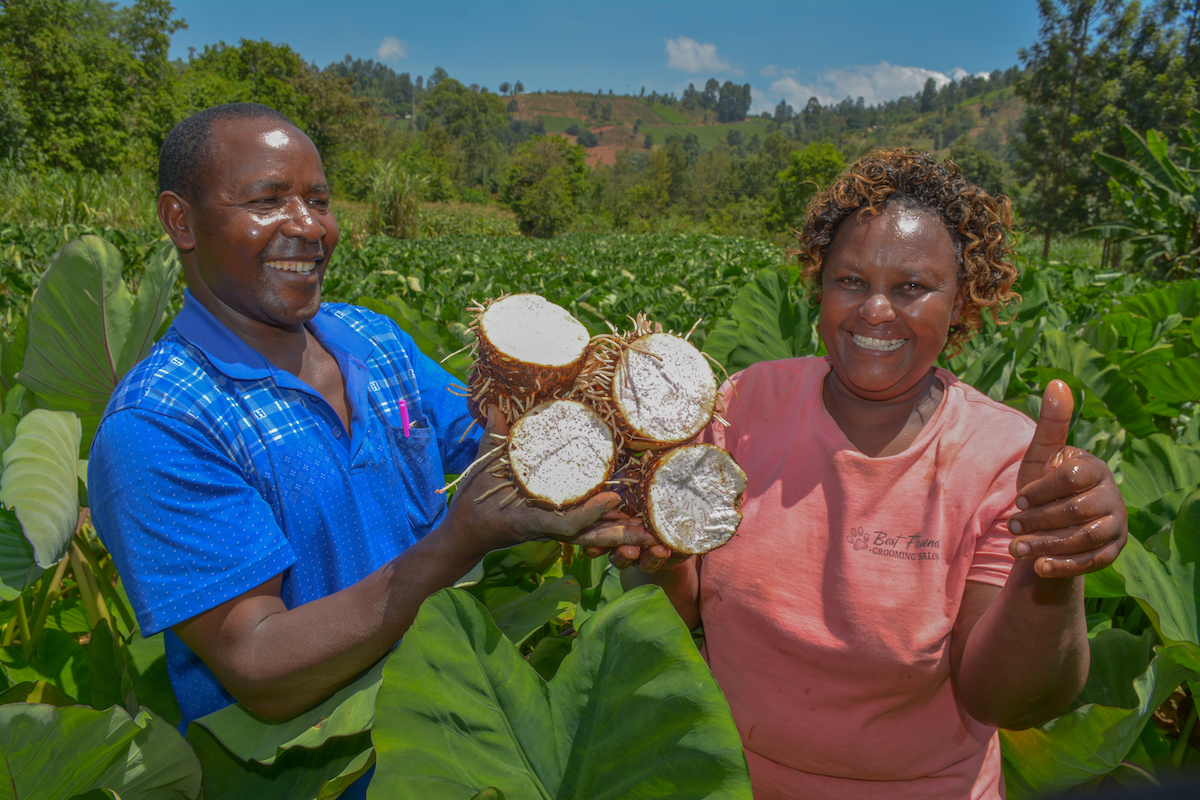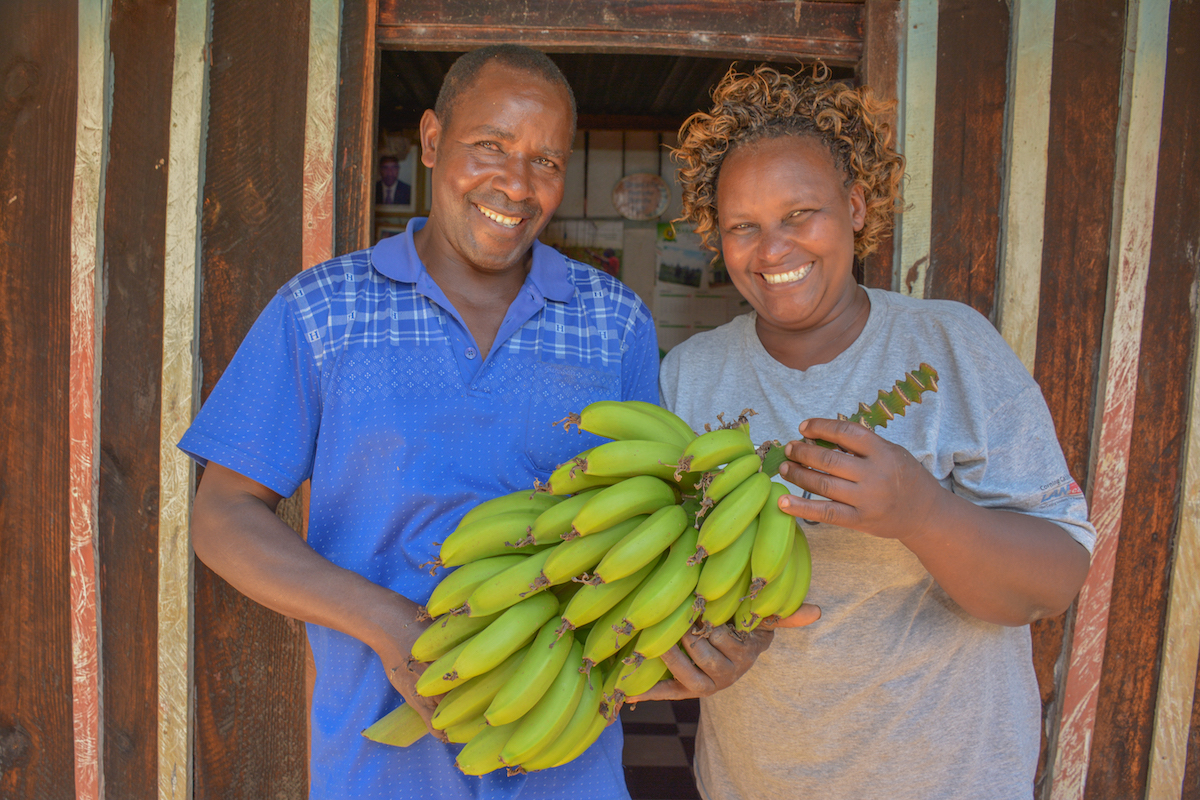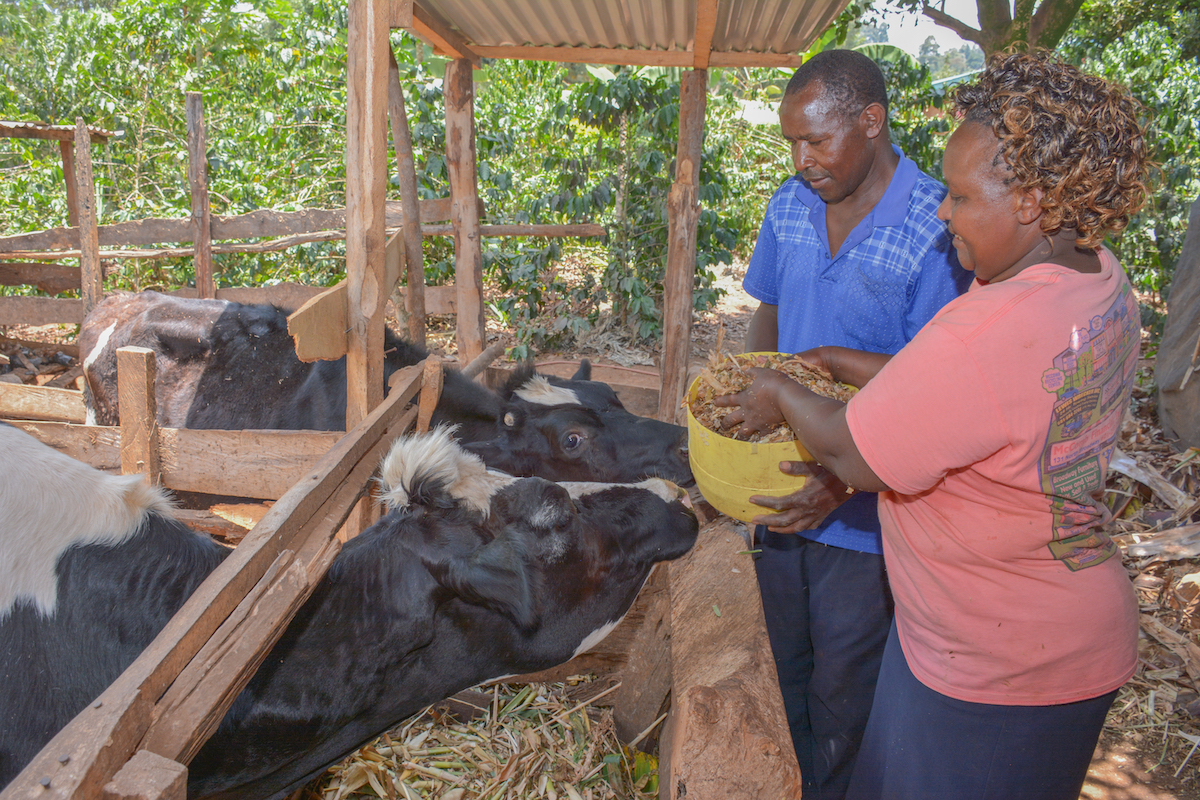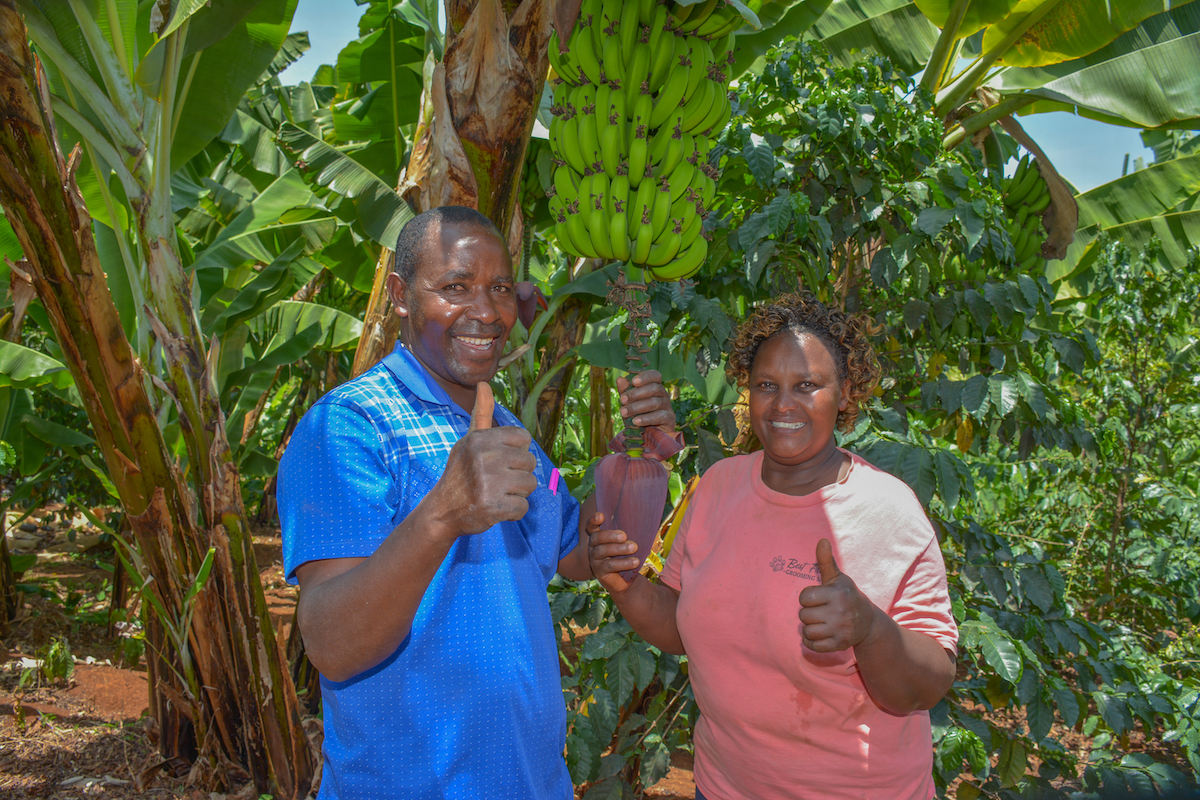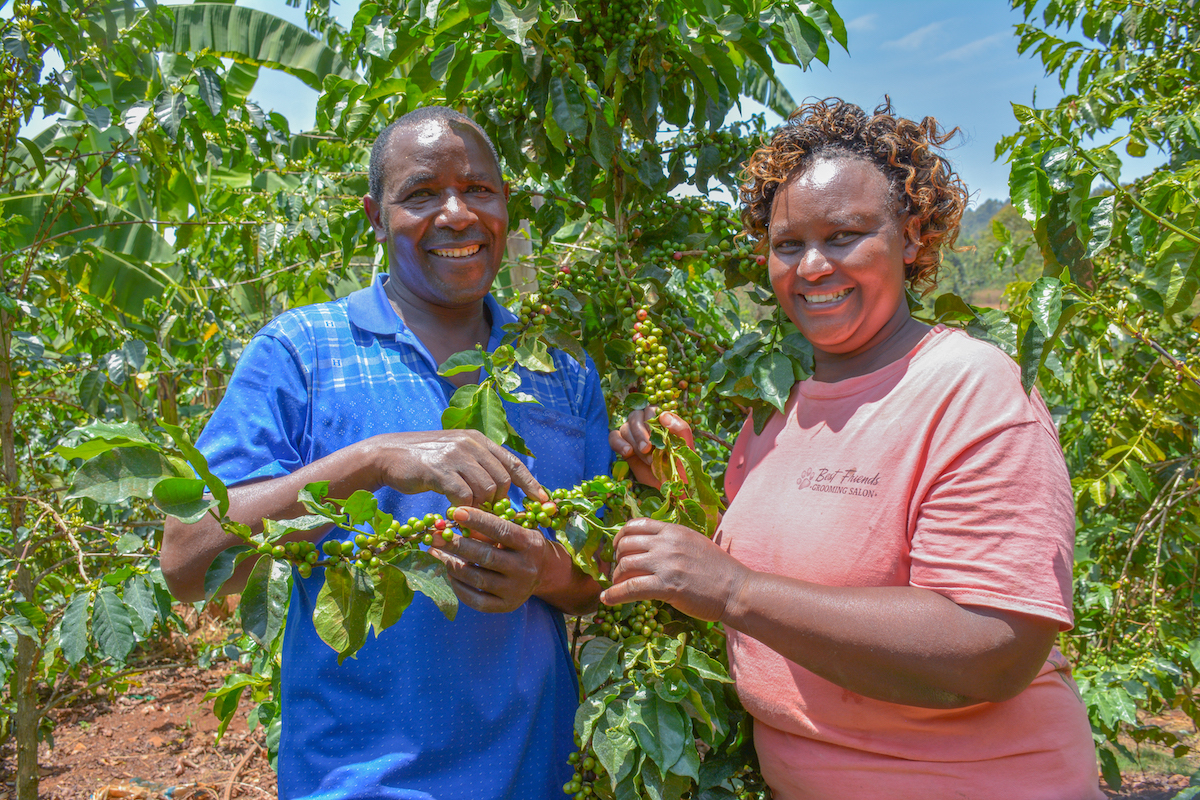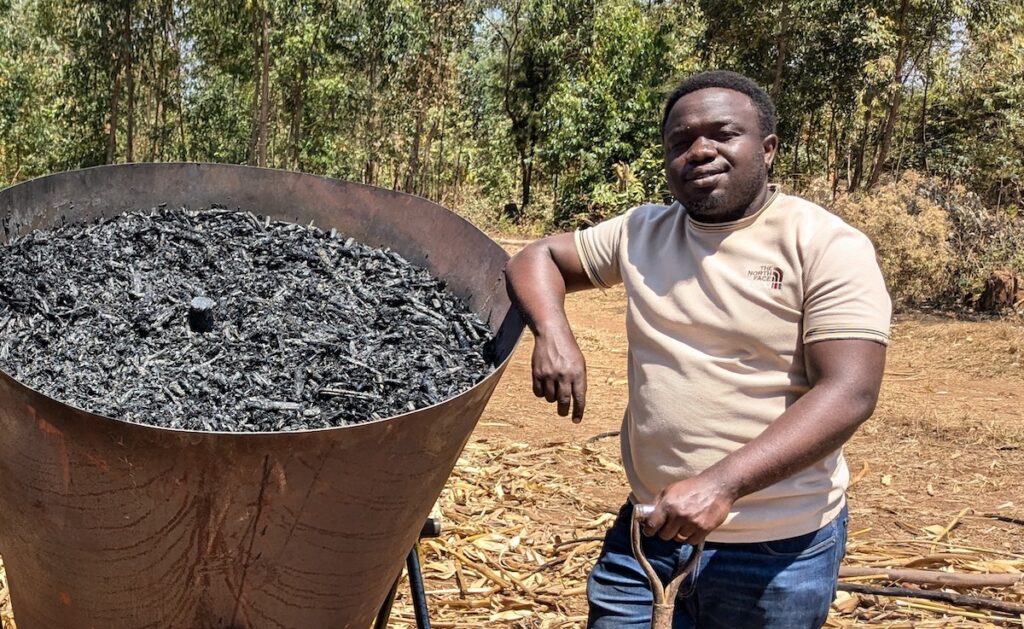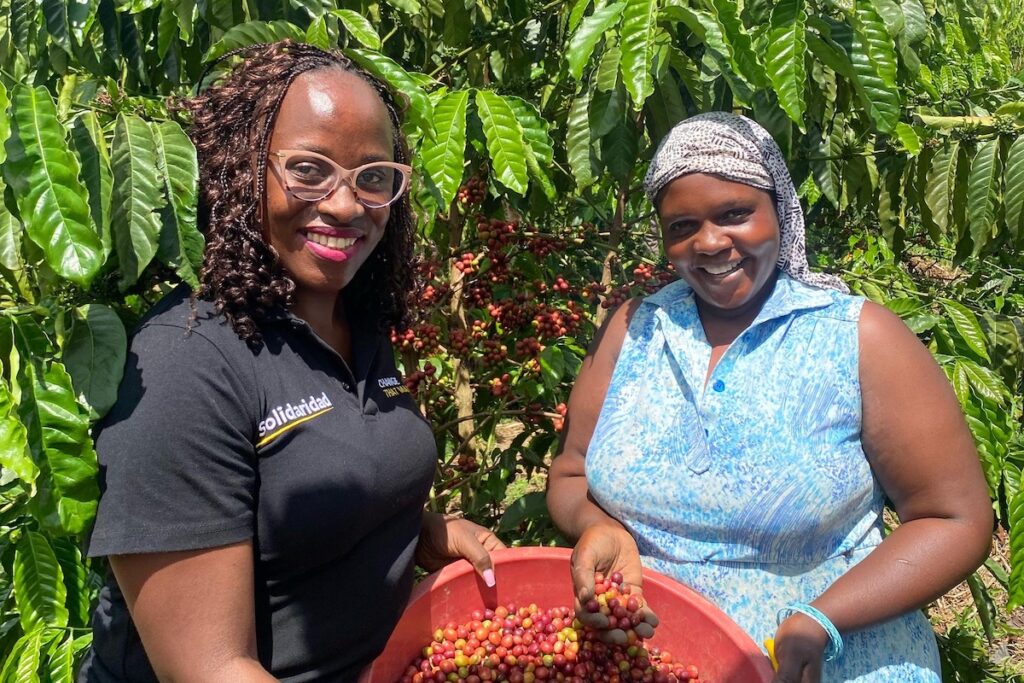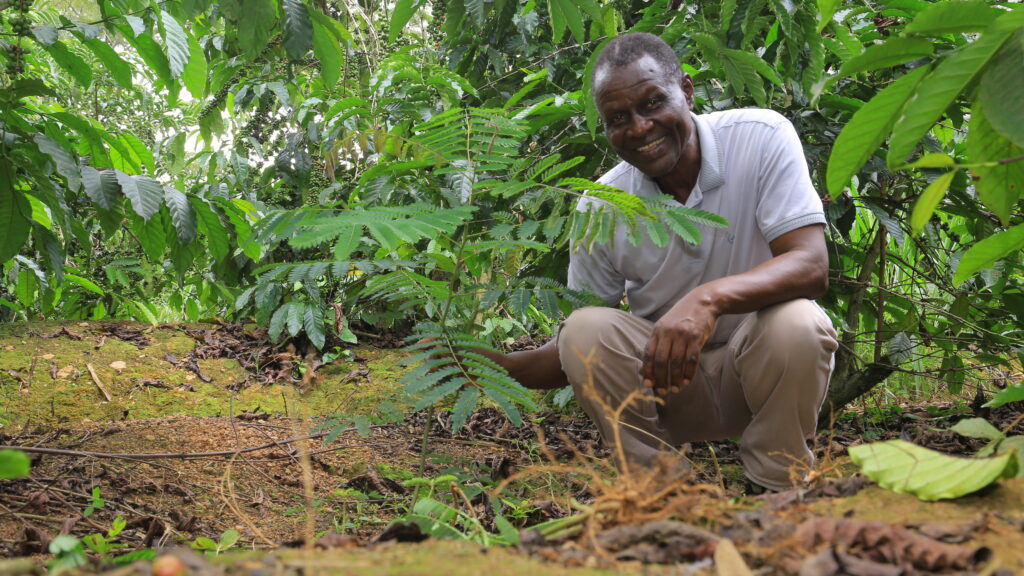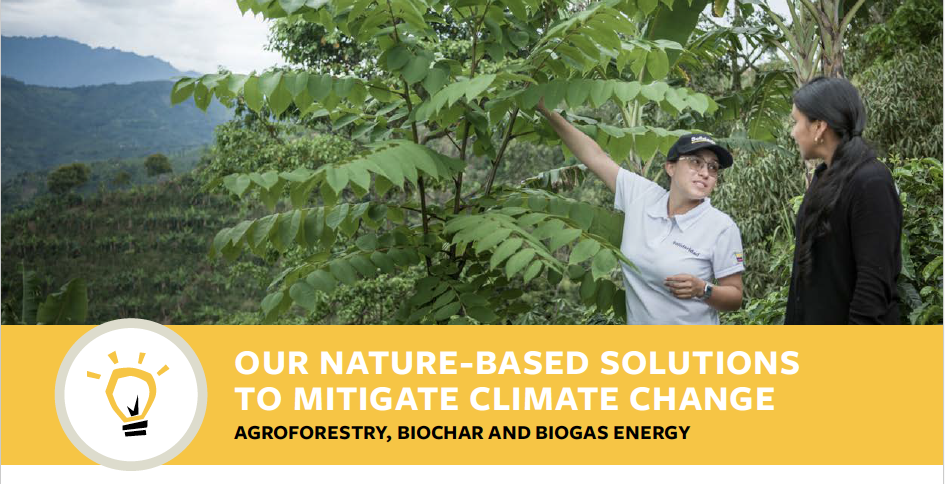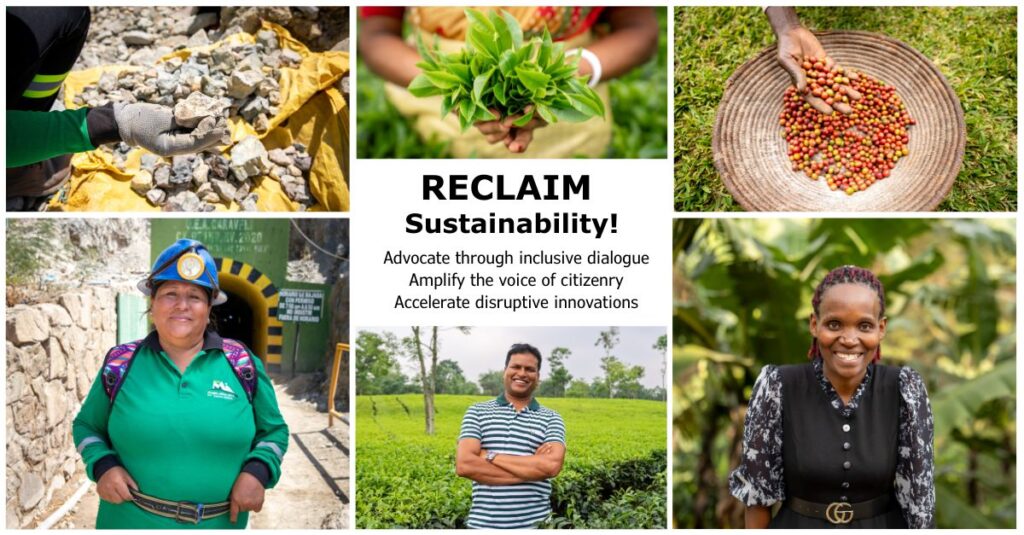Coffee is one of the most strategic cash crops contributing to Kenya’s economic growth. Kenya had nearly 28 million Ha of agricultural land in 2019. In comparison, the total area under coffee production is estimated to be 119,000 Ha, with about 204 million coffee trees. 70% of Kenyan coffee is produced by smallholders, while the sector employs about 6,000,000 people directly and indirectly. An estimated 800,000 growers, mainly smallholder farmers, are involved in coffee growing (Coffee Directorate, 2019). While the acreage under coffee in Kenya declined over the years by 30% from 170,000 Ha in the 1990s to 119,000 Ha in 2020, the potential of the Kenya coffee sector has not been fully exploited. Coffee production declined by around 70% from 129,000 MT in 1983/84 to 40,000 MT in the same period. The decline was attributed to weak coffee sector systems, lack of extension services, and low coffee prices in comparison to the increasing costs of agri-inputs and livelihoods.
Based on information disseminated by the Kenya National Bureau of Statistics, in 2020 the revenue from coffee exports stood at Kshs 22.2 billion. Additionally, Kenyan coffees retained their specialty status in the global coffee markets. Despite this, most Kenyan farmers who own less than 300 coffee trees and produce less than 2 kilos of cherry per tree (per year) have remained among the poorest in the world – earning less than Kshs 5,000 per month. This has been attributed to among other things the decline in production and low productivity, adverse effects of climate change, poor management of cooperative societies that are responsible for marketing farmers’ produce, and unpredictable global coffee prices.
Gibson Kinyua (55) is a coffee farmer based in Nyeri, Kenya. Together with his spouse Faith Wambui (51), he has been managing their family’s coffee farm for over 20 years now – their farming journey as they narrated, has been both exciting and challenging!
Kenya started recording a downward trend in its coffee production from 1990 – about the same time Mr. Kinyua started producing coffee. “I started coffee farming with only 100 coffee trees in 1990, after inheriting land from my father. At the time, my coffee production was only 100 kilos per year. Coffee prices were also low at Kshs 5 – 7 (less than Euro 1) per kilo of cherry. Ours has been a journey of determination and perseverance,” says Mr. Kinyua.
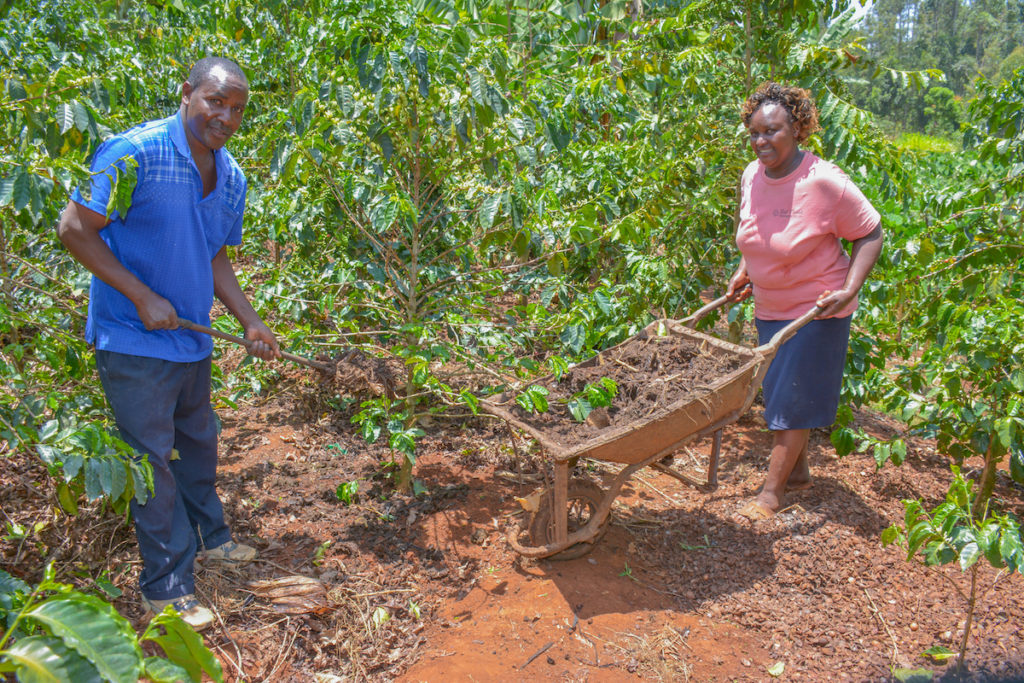
For years, they operated their family farm without proper knowledge and skills, until Solidaridad launched the Food Security through Improved Resilience of Smallholder Coffee Farmers in Ethiopia and Kenya (FOSEK) project in 2014. The project targeted to improve food security in East Africa by increasing local agricultural production as well as economic resilience and livelihood of 120,000 smallholder coffee farmers in Kenya and Ethiopia, thus addressing two key pillars of food security; food availability and access.
My spouse and I had limited knowledge on proper coffee production practices at the time. As a result, our income from coffee was hardly enough to meet the needs of our then expanding family. In addition to coffee farming, we were forced to take up additional jobs to fend for our family.
Gibson Kinyua, Coffee Farmer
Promoting Good Agricultural Practices
The FOSEK project trained 120,000 smallholders in Kenya and Ethiopia (20% being women) and supported them to implement good practices at the farm level. Findings of the FOSEK end evaluation report showed improved adoption of agronomic practices and a 40% increase in coffee and local food crops yields.
“Solidaridad trained me on fodder production, feed formulation, and storage. Now, we grow our own fodder – maize and Napier grass –, make and store silage to ensure that we have adequate animal feeds throughout the year, especially during the dry seasons. Availability of, and access to quality feeds coupled with knowledge on proper dairy management has seen our milk production increase from an average of 12-15 to 20-30 litres of milk daily,” Mr. Kinyua shared.
In collaboration with the Kenya Coffee Research Institute (CRI), Solidaridad supported coffee farmers to implement good agronomic practices such as proper pruning, soil analysis, manure application, pests, and disease scouting, spraying, and fertilizer application among others. This was done through interactive methodologies such as on-farm demonstrations, peer-to-peer learning, and learning exchange visits to enable farmers to acquire practical skills.
In the last three years, our coffee production has increased from 1,400 kgs to 2,000, to 2,500 kgs in the last season. We expect to harvest between 3,000 and 4,000 kgs of cherry this crop year (2022/23). We attribute this to improved knowledge and access to extension services through the government, Solidaridad and CRI, and favorable coffee prices.
Gibson Kinyua, COffee Farmer
On-farm Diversification: Increasing Farmers’ Incomes and Resilience
Through diversification, combining export crop production with the production of food crops for local markets and home consumption, farming households were supported to stabilize and increase their income by broadening their sources and livelihoods.
“We expanded our coffee and dairy production by acquiring an additional piece of land (one acre) and two additional cows. In addition, we started growing bananas, arrow roots, maize, Napier grass, and vegetables. We earn annual income from coffee, monthly income from dairy, and weekly income from arrowroots and bananas. We use maize and vegetables for household consumption while Napier grass and maize provide animal feeds,” says Mr. Kinyua.
Increased Women Involvement in Coffee
Solidaridad promoted the involvement of women in coffee production through the FOSEK project. In the Ethiopia and Kenya countries, 928 trainers of trainers including 182 women received training and support to implement, and further cascade knowledge on coffee agronomy, food crops agronomy, and agro-nutrition to other farmers.
“After the training, I trained my spouse to equip her with the necessary skills to undertake her duties as the farm manager. The training has enabled her to better manage our coffee farm. I also allocated her a share of our coffee produce to enable her to earn an income from coffee. This has motivated her to work harder as evidenced by the increase in our production,” Mr. Kinyua shared.
The Benefits of Hard Work and Favorable Business Ecosystems
Solidaridad trained 475 board members of cooperatives on governance, financial management, marketing skills, and leadership to enable them to offer better services to members/farmers. In Kenya, the project also organized Business to Business (B2B) forums for dairy cooperatives and sector players to enhance market access and linkages with service and input providers. In the same duration, coffee prices rose from Kshs 70 – 80 (0.56- 0.64 Euro) to Kshs 105 (0.84 Euro) per kg of cherry in 2021 due to an increase in premium grades – 60% of the coffee sold by Kibirigwi Coffee Farmers’ Cooperative Society – among other factors. Milk prices also rose from 20 to 40 Kshs per litre in Nyeri County.
“Overall, our annual income increased to about Kshs 700,000 (5,439 Euro) as a result of increased production and access to markets. Combined, income from bananas, arrowroots, and milk surpassed our earnings from coffee. This made it possible for us to cater to our household needs including school fees,” Gibson says.
We are happy that our two children have now completed their university studies. Income from our farm enabled us to achieve this. Next, we hope to build a ‘stone house’ and purchase a family car.
Gibson Kinyua, Coffee Farmer
Soldiering on Amidst the Challenges
Effects of climate change, rising costs of inputs, poor infrastructure, unpredictable coffee prices are some of the major challenges impacting the performance of the coffee sector in Kenya. Smallholder coffee farmers must embrace various strategies to enhance their resilience and ensure profitability. Solidaridad promoted climate-smart agriculture among other practices to enable farmers like Mr. and Mrs. Kinyua to increase their productivity and profitability.
“We have integrated banana farming as a climate-smart agriculture practice to provide shade to our coffee. This, coupled with diversification and good agronomic practices has enabled us to increase our earnings over the years,” comments Gibson.
I encourage other coffee farming households to embrace good agronomic practices, diversification and importantly, create opportunities for women to benefit from coffee. After all, they play such a significant role in coffee production.
Gibson Kinyua, Coffee Farmer

